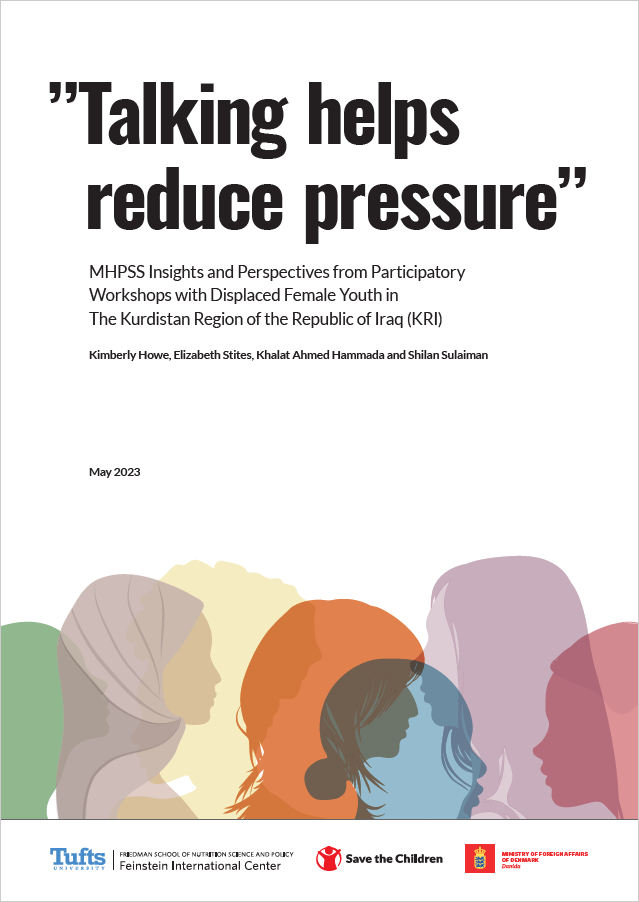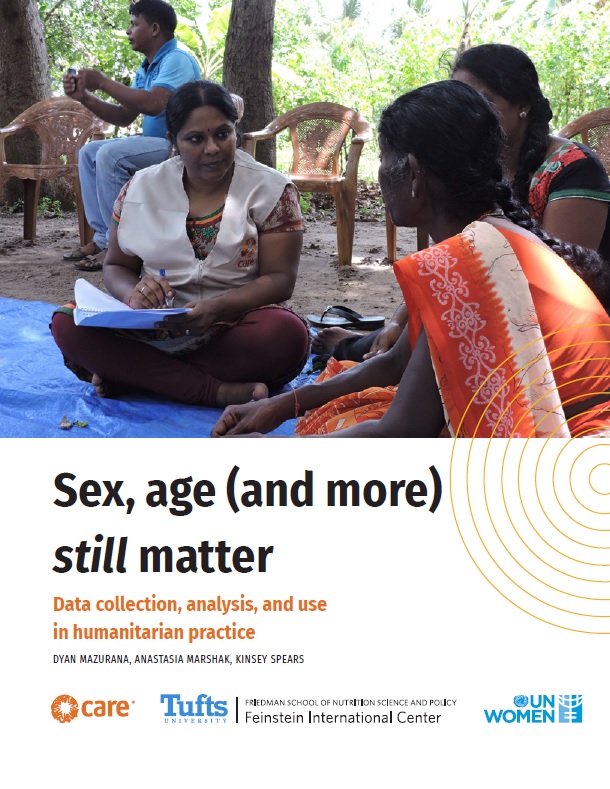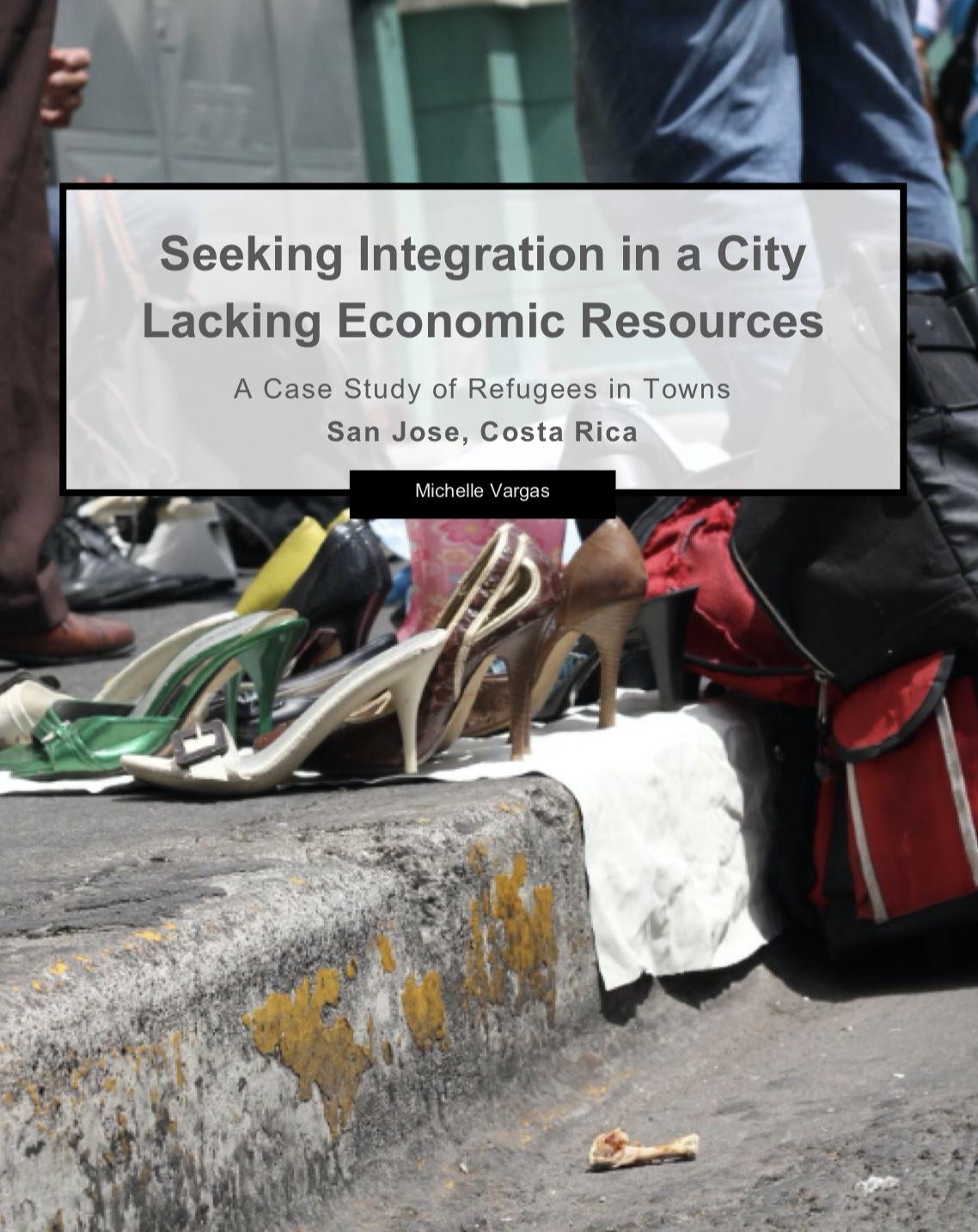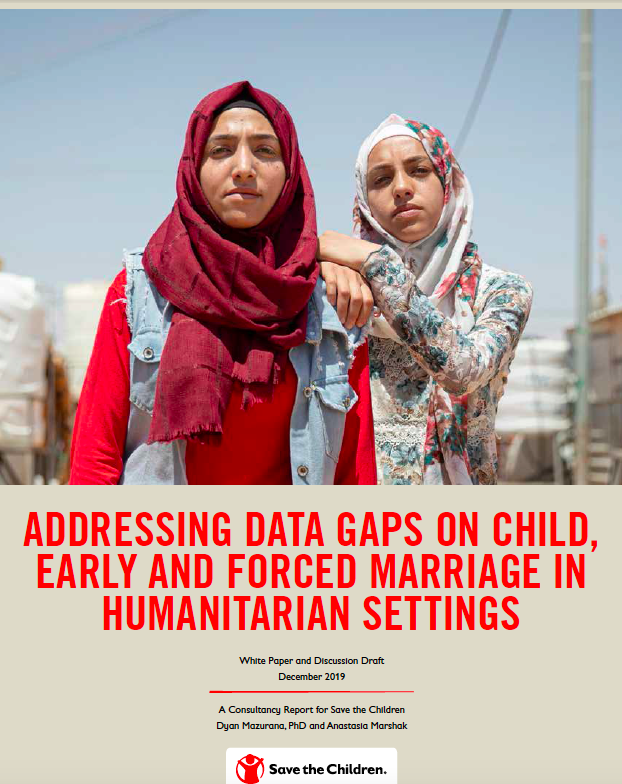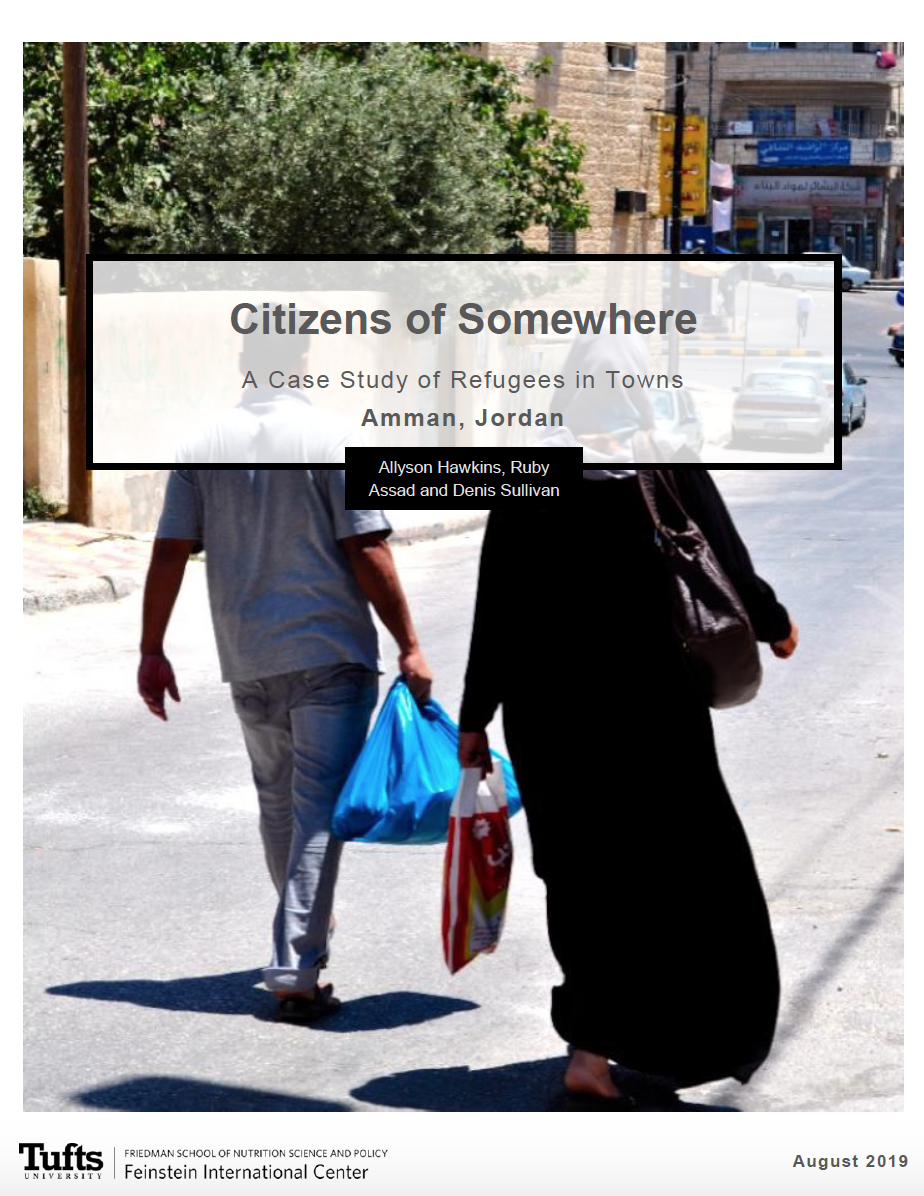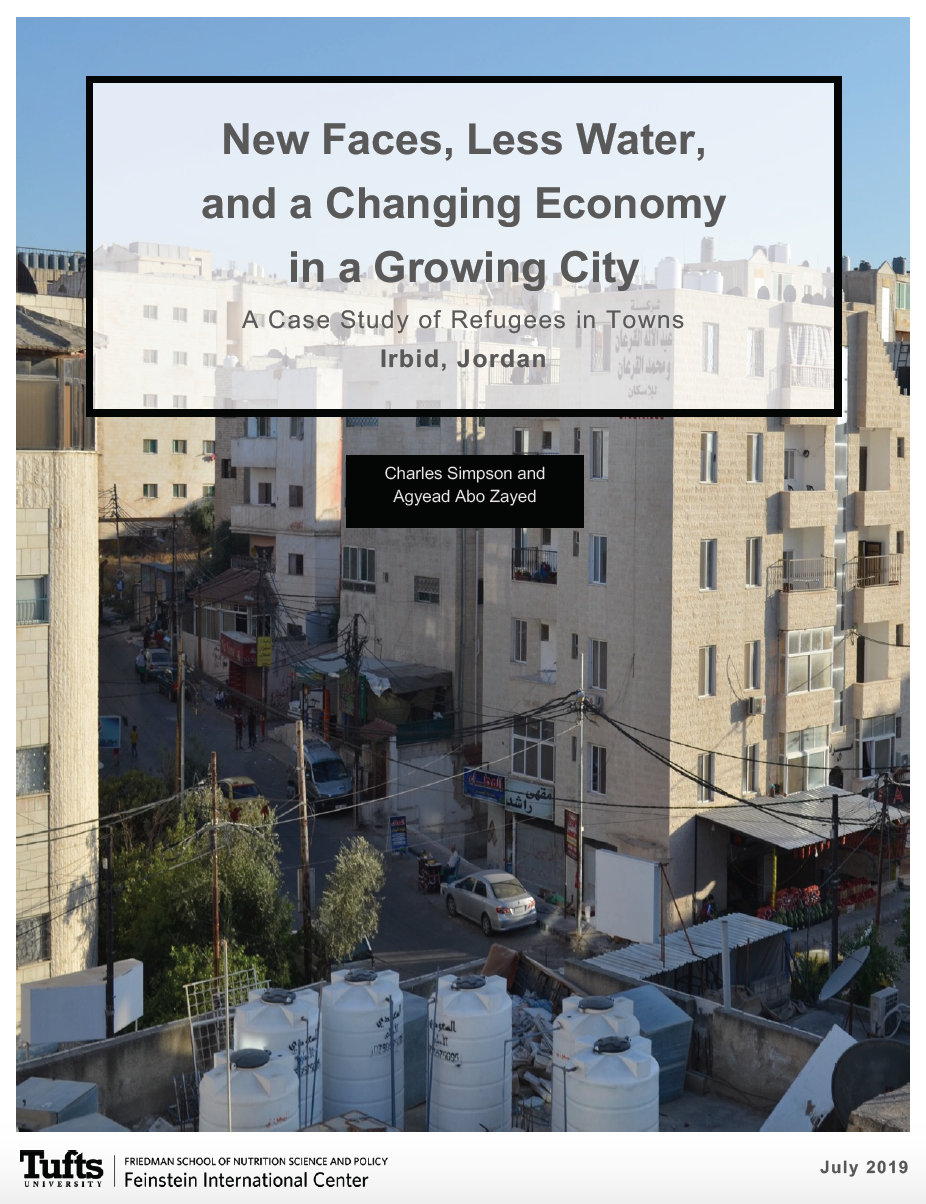This report is part of a series by Feinstein International Center that examines the impact of armed conflict on civilian populations in northern Uganda and struggles for redress and remedy. Transitional justice mechanisms, including truth telling, reparation and prosecutions, are important processes that can help address past human rights violations and abuses, and can play a role in rebuilding the lives of the affected population and helping a country to move forward. To address the effects of the over two decades of armed conflict between the Government of Uganda (GoU) and Lord’s Resistance Army (LRA) rebel group, the Juba Peace Accords envisioned traditional justice mechanisms as instruments that could help address serious crimes and resulting harms suffered by civilians. However, after detailing the historical evolution of the traditional justice systems and the impact of the war on these systems, this study finds that traditional justice mechanisms are currently unable to fulfill these roles and are not being used to repair victims from harms suffered due to serious crimes committed by parties to the conflict. The report identifies and analyzes efforts by Langi traditional justice mechanisms to address serious crimes and violations committed during the conflict and their result¬ing harms and the reasons why they are unable to offer remedy. The report offers insights into implications for efforts to ensure victims’ rights to remedy and redress are upheld. This report is based on field work conducted with conflicted affected populations in Lango sub region, northern Uganda between the years 2009 – 2011. The Lango sub-region is home to approximately 2.13 million people and is among the sub regions most affected by the GoU and LRA war. We hope the findings of the study will contribute to inform larger transitional justice processes underway in Uganda, in part through addressing the realities and priorities of the affected population.
Modern Challenges to Traditional Justice
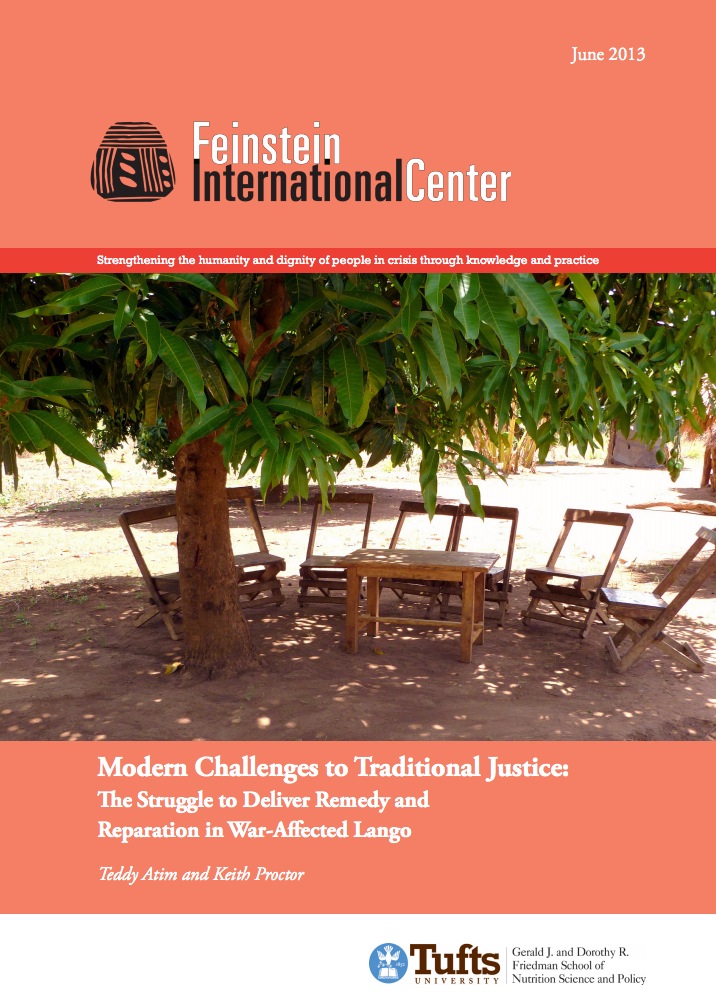
June 2013
ASSOCIATED PROJECT
SUBJECTS
PUBLICATION TYPE
LOCATION
RELATED PUBLICATIONS
This report provides insights and perspectives from participatory workshops with displaced female youth in the Kurdistan region of the Republic of Iraq (KRI).
•
May 2023
This report reviews progress, outlines barriers to further progress, and makes recommendations to advance gender equality in the humanitarian system.
•
March 2023
This case report looks at migration to Costa Rica and explores the main opportunities for and obstacles to integration in terms of migratory status, access to public health, jobs, education, and recreation.
•
March 2020
This report is a comprehensive and user-friendly concept note for a database on child marriage in humanitarian settings, a first step in eradicating the problem.
•
January 2020
This case report focuses on Amman, Jordan, which has for years been at the center of prolonged refugee experiences.
•
August 2019
Irbid, Jordan is now inhabited by more Syrian refugees than Jordanian hosts. Yet the most profound changes in the city—affecting and being affected by refugees’ integration—are megatrends affecting cities the world over
•
July 2019

